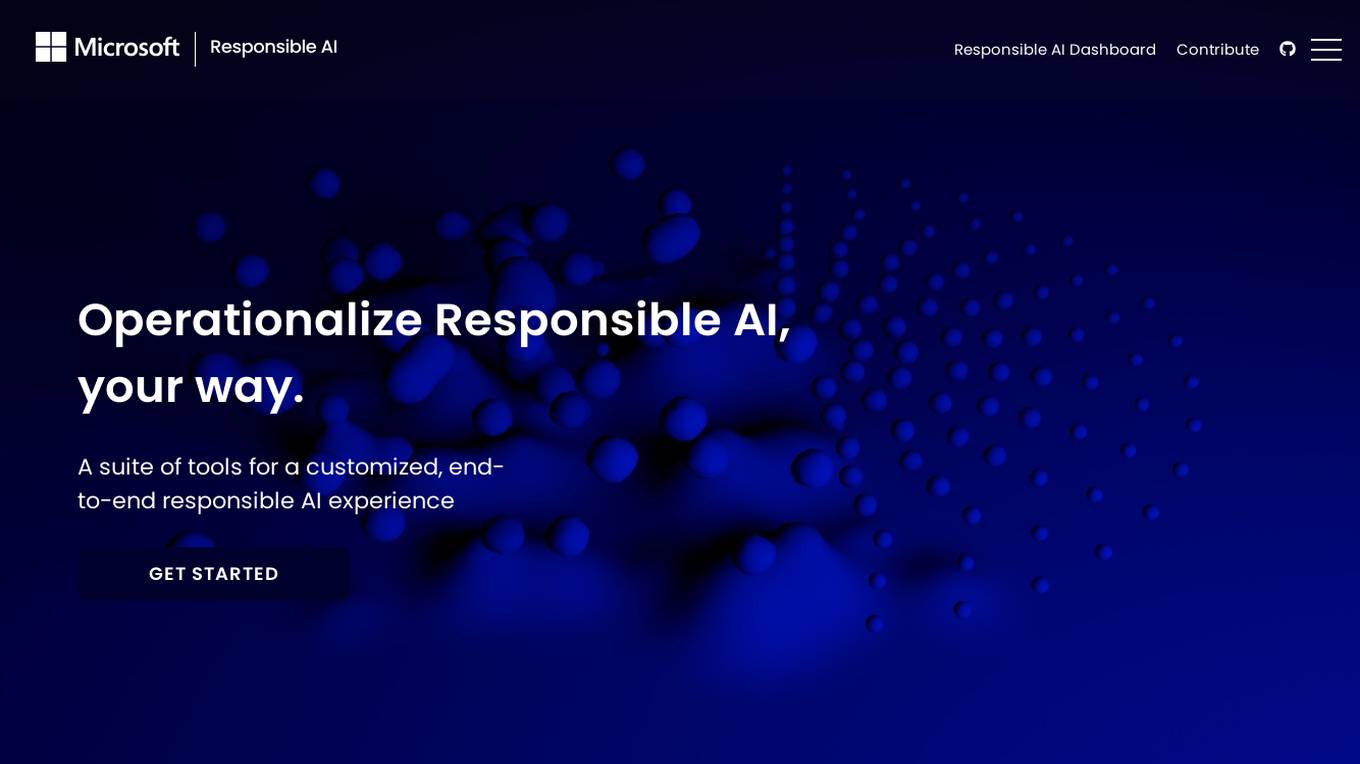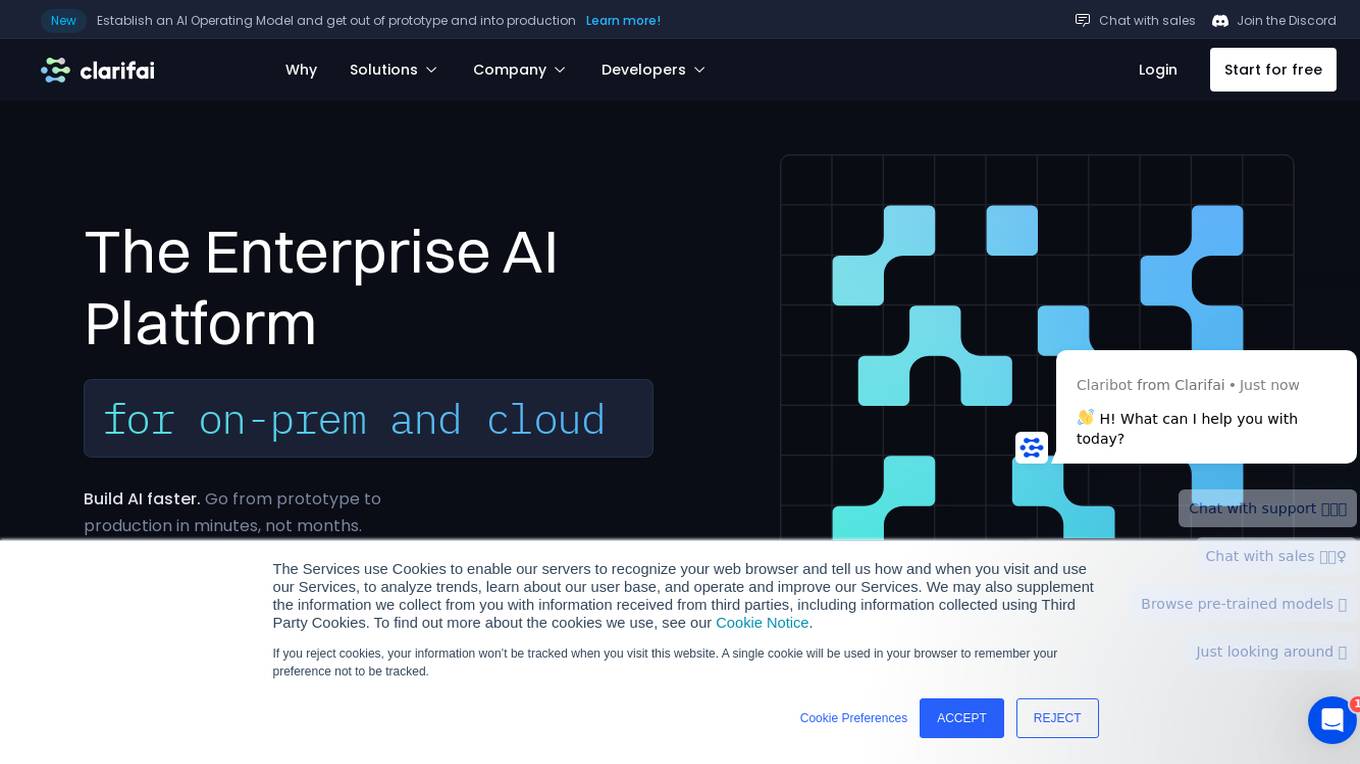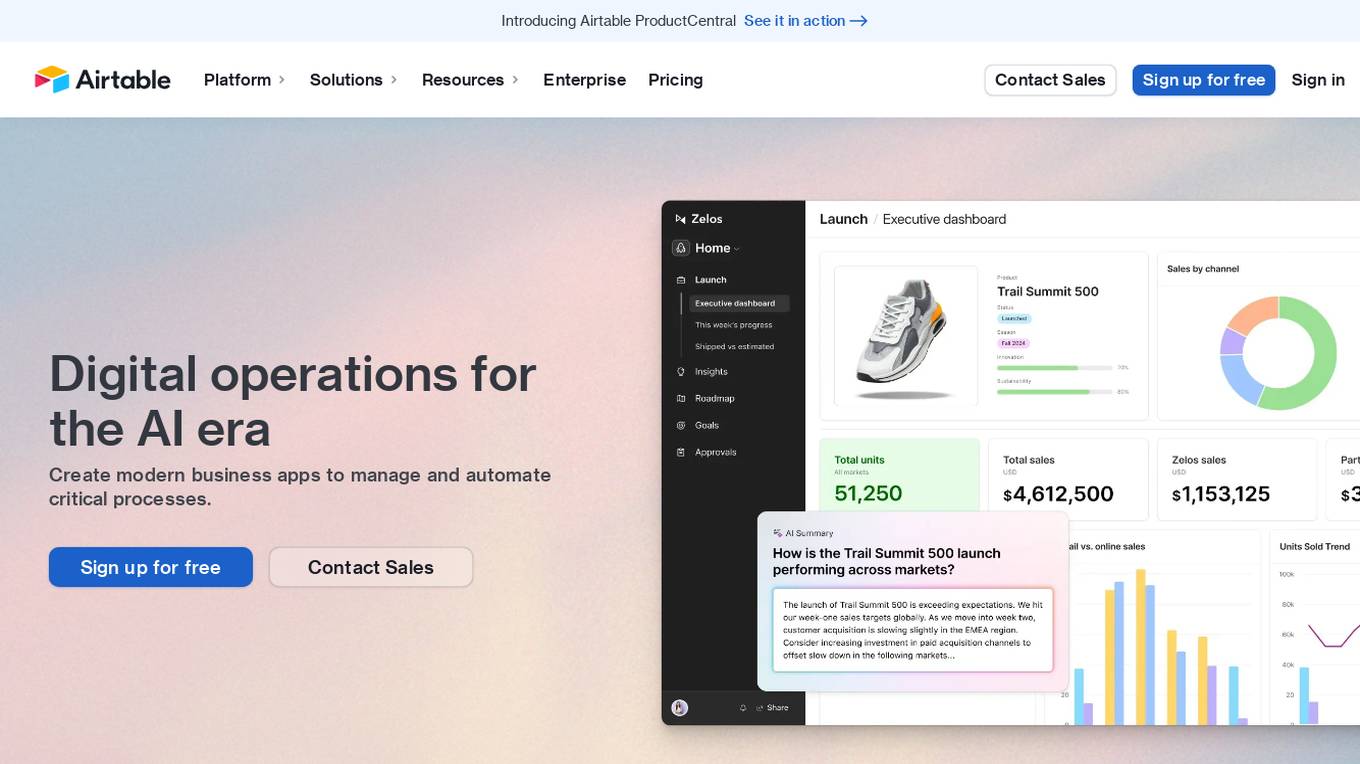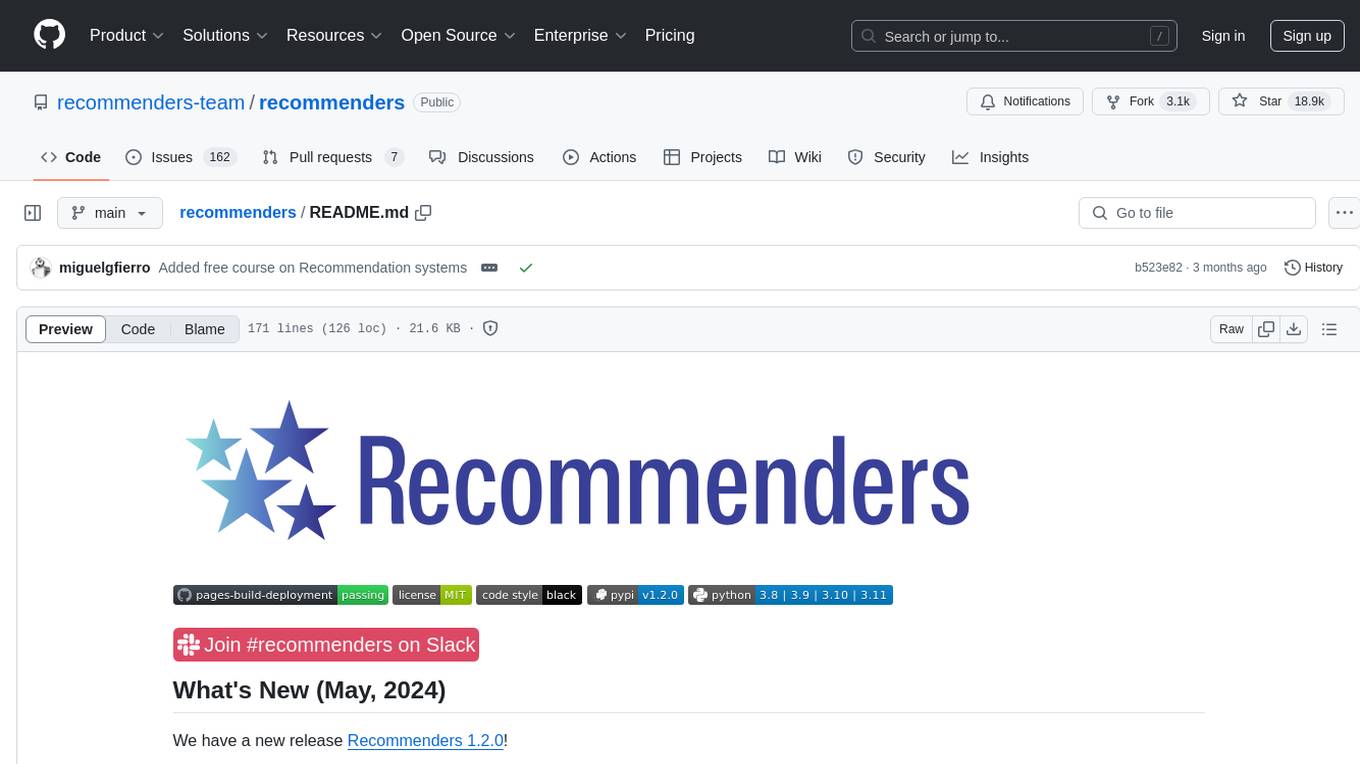Best AI tools for< Operationalize Models >
4 - AI tool Sites

Microsoft Responsible AI Toolbox
Microsoft Responsible AI Toolbox is a suite of tools designed to assess, develop, and deploy AI systems in a safe, trustworthy, and ethical manner. It offers integrated tools and functionalities to help operationalize Responsible AI in practice, enabling users to make user-facing decisions faster and easier. The Responsible AI Dashboard provides a customizable experience for model debugging, decision-making, and business actions. With a focus on responsible assessment, the toolbox aims to promote ethical AI practices and transparency in AI development.

Gruve.ai
Gruve.ai is an AI application that specializes in turning AI strategy into real enterprise outcomes. The platform offers services in data & AI solutions, AI infrastructure, cybersecurity advisory, design & enablement, managed security services, customer experience, and Salesforce services. Gruve.ai empowers businesses with AI-driven solutions that drive growth, security, and digital success, providing expertise in Enterprise AI, Large Language Models (LLMs), Advanced Analytics, cybersecurity, customer experience, network automation, and workload migration.

Clarifai
Clarifai is an AI Workflow Orchestration Platform that helps businesses establish an AI Operating Model and transition from prototype to production efficiently. It offers end-to-end solutions for operationalizing AI, including Retrieval Augmented Generation (RAG), Generative AI, Digital Asset Management, Visual Inspection, Automated Data Labeling, and Content Moderation. Clarifai's platform enables users to build and deploy AI faster, reduce development costs, ensure oversight and security, and unlock AI capabilities across the organization. The platform simplifies data labeling, content moderation, intelligence & surveillance, generative AI, content organization & personalization, and visual inspection. Trusted by top enterprises, Clarifai helps companies overcome challenges in hiring AI talent and misuse of data, ultimately leading to AI success at scale.

Airtable
Airtable is a next-gen app-building platform that enables teams to create custom business apps without the need for coding. It offers features like AI integration, connected data, automations, interface design, and data visualization. Airtable allows users to manage security, permissions, and data protection at scale. The platform also provides integrations with popular tools like Slack, Google Drive, and Salesforce, along with an extension marketplace for additional templates and apps. Users can streamline workflows, automate processes, and gain insights through reporting and analytics.
1 - Open Source AI Tools

recommenders
Recommenders is a project under the Linux Foundation of AI and Data that assists researchers, developers, and enthusiasts in prototyping, experimenting with, and bringing to production a range of classic and state-of-the-art recommendation systems. The repository contains examples and best practices for building recommendation systems, provided as Jupyter notebooks. It covers tasks such as preparing data, building models using various recommendation algorithms, evaluating algorithms, tuning hyperparameters, and operationalizing models in a production environment on Azure. The project provides utilities to support common tasks like loading datasets, evaluating model outputs, and splitting training/test data. It includes implementations of state-of-the-art algorithms for self-study and customization in applications.